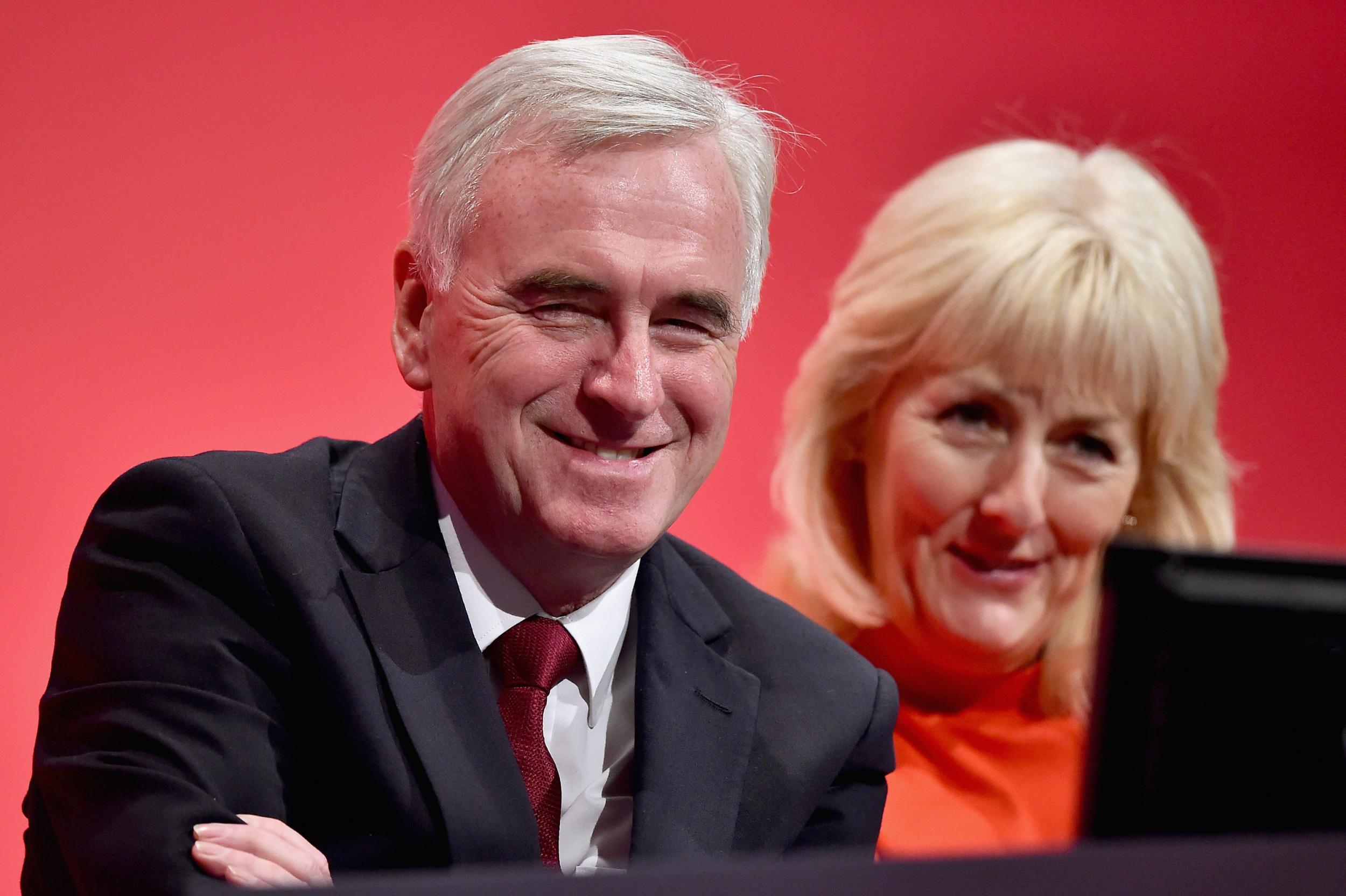Google tax deal: Shadow Chancellor John McDonnell publishes his tax return, challenges Osborne to do the same
The shadow Chancellor said he published his tax return in the spirit of the 'New Politics'

Your support helps us to tell the story
From reproductive rights to climate change to Big Tech, The Independent is on the ground when the story is developing. Whether it's investigating the financials of Elon Musk's pro-Trump PAC or producing our latest documentary, 'The A Word', which shines a light on the American women fighting for reproductive rights, we know how important it is to parse out the facts from the messaging.
At such a critical moment in US history, we need reporters on the ground. Your donation allows us to keep sending journalists to speak to both sides of the story.
The Independent is trusted by Americans across the entire political spectrum. And unlike many other quality news outlets, we choose not to lock Americans out of our reporting and analysis with paywalls. We believe quality journalism should be available to everyone, paid for by those who can afford it.
Your support makes all the difference.Shadow Chancellor John McDonnell has published his tax return and challenged Chancellor George Osborne to do the same, amid the ongoing row over the recent Google tax deal.
McDonnell's tax return, which shows his pay and tax last year was £61,575 and £14,253 respectively, was published in the Sunday Mirror.
Writing for the paper, the shadow Chancellor said he published his tax return in the spirit of the “New Politics”, and added he intends to do the same every year he is in office.
The publication of the document comes at a time of controversy over the government deal that allowed Google to pay £130 million in back taxes dating back to 2005.
Writing for the paper, McDonnell said this meant Google was paying “an effective tax rate of around three per cent,” when most small business in the UK have to pay 20 per cent.
Following the announcement of the tax bill, Osborne said on Twitter that the deal was a “victory”, and said it was “good to see Google paying more tax on past profits.”
In his article, McDonnell said the deal has created a “lack of confidence” in politics and the tax system, and claimed many taxpayers would feel angry while filling in their tax returns, which are due at midnight on 31 January.
He also claimed that the deal had made Britain the “laughing stock of Europe,” referring to the fact that Google is set to pay far higher rates of tax in France and Italy.
Urging Osborne to publish his own tax return, McDonnell said politicians should “set a good example,” and urged the Chancellor to be “open and transparent” about his income.
Because of Google's complex tax arrangement, the £130 million bill has been accepted by HMRC as legal. However, the deal could still be quashed by Europe, after the EU's Competition Commissioner Margarethe Vestager said an investigation could be opened following complaints from the Scottish National Party (SNP).
Join our commenting forum
Join thought-provoking conversations, follow other Independent readers and see their replies
Comments